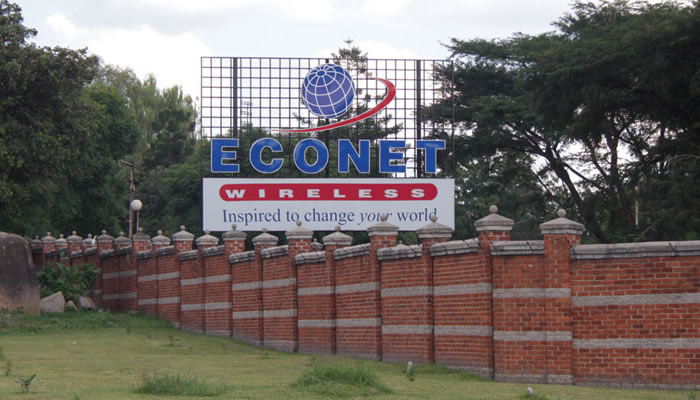By John Kachembere
Mobile data brought wireless carriers more revenue than voice calls did for the last quarter, a milestone for the industry as faster network speeds are prompting Zimbabweans to consume, and pay for more data than ever.

Mobile data service revenue reached $194 million in the third quarter of 2016, an increase of more than 20 percent, according to a third quarter report by the Postal and Telecommunications Regulatory Authority of Zimbabwe (Potraz) . In the previous quarter, only $161,5 million was earned.
“The increase in mobile revenues despite the decline in subscriptions and voice traffic is attributable to the suspension of promotions during the quarter under review as well as growth in data usage,” the industry regulator said.
On the other hand, the fixed telephone network registered a 0,6 percent decline in revenues to $28 145 569 in the quarter to September.
This resulted in the country’s telecommunication revenues, increasing by 14,5 percent to record $262 million in the period under review, from $228,7 million recorded in the previous quarter.
Customers are increasingly using their smart phones and tablets the way they use desktop computers, driving the rise in data consumption as they stream videos and download dense applications.
The rise in data usage has also intensified competition among the country’s major carriers for growing revenue from data-hungry customers.
The handsome figures come even as so-called ‘Shutdown Zimbabwe’ protests in July were met with Internet blackouts and arrests. Perhaps the most important dissident leader, cleric Evan Mawarire and other pressure groups helped bring tens of thousands of people onto the streets using social media in a rare civilian-led demonstration promoted with hashtags #ThisFlag and #Tajamuka, and described by many as the most subversive movement in Zimbabwe’s recent history.
WhatsApp, in particular, was used to organize the protests, and it was one of the apps affected by the telecommunications crackdown. Zimbabwe’s telecom regulatory body issued a public notice that warned users that they were being closely monitored, could be “easily identified” and would be “dealt with accordingly.”
Service providers such as TelOne, Liquid Telecom Zimbabwe, ZOL Zimbabwe, Telecel and Econet were among those who were pressured into shutting down access, which caused users to turn to circumvention tools in order to bypass the blockage.
The move was widely condemned, with the United Nations (UN) Human Rights Council declaring that online rights must be protected.
President Mugabe and army commander Phillip Valerio Sibanda both saw these developments as part of a disinformation campaign by anti-government forces to manipulate crowds, change public opinion and topple the government.
Zimbabwe, which is ranked “partly free” by Freedom House’s Freedom on the Net report, has also over the years recorded dismal media freedom and digital rights records, including crackdown on critics and news outlets both online and offline.
In April this year, a senior government official said the country could take measures similar to China by entirely blocking access to certain content online. Daily News






